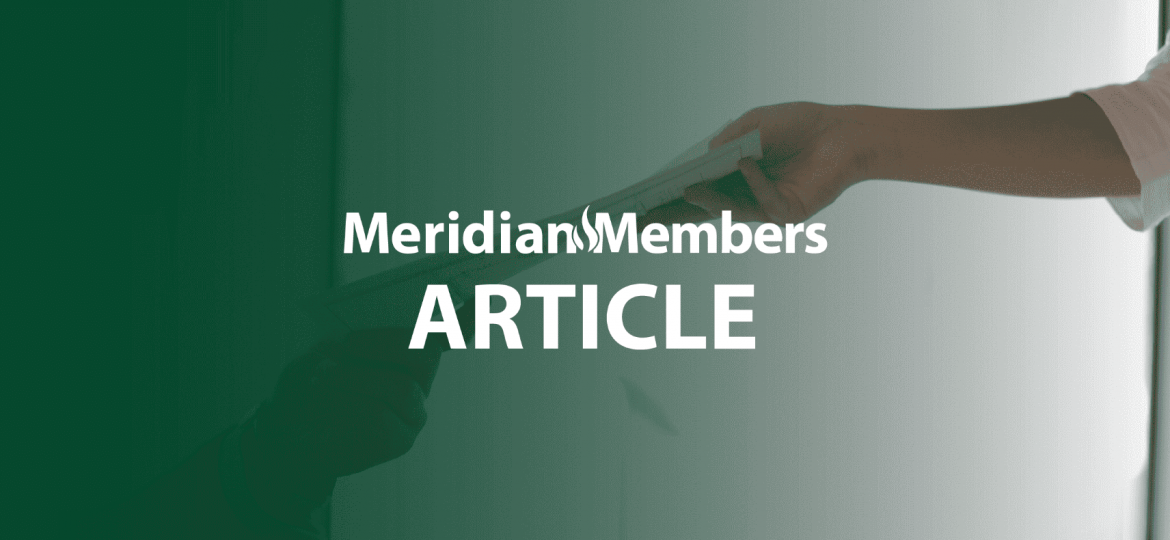
How much profit does your company miss out on daily because your staff, including your sales department, was never formally trained in sales or selling? Can you honestly say that each and every employee with regular customer contact is fully trained in professional salesmanship? If not, take heart. You are not alone. And more importantly, your company likely has tremendous upside profit potential!
It’s been proven that great salespeople are not born that way they learn the necessary skills. The exciting part of this revelation is that even your most least likely employee can become a reasonably good salesperson, adding to your bottom line.
Effective selling techniques have changed significantly in the past few years. The hard core, “pressure-them-into-saying-yes” approach has become obsolete (thank goodness!) replaced by a softer, consultative selling style. So what is consultative selling? In a nutshell, it’s asking your customer the right questions to determine his true and often hidden needs, then showing how you can fill those needs to and even beyond his satisfaction.
Consultative selling, however, does not replace basic selling skills including:
· Product knowledge
· Prospect identification
· Prospect prioritization
· Effective time management
· Buyer qualification
· Needs disclosure
· Solutions presentation
· Closing techniques
First and foremost, good salesmanship requires product knowledge. All the selling skills in the world won’t replace knowing the intricacies of the products being sold. The best source of detailed product education is usually your vendors and seasoned sales veterans.
Once a salesperson is product knowledgeable, they must now be able to identify the best prospects for the products. This is where many petroleum companies miss the mark. A prospect is not just anyone who uses petroleum products! Take the time to identify what makes a customer an “ideal” prospect so that sales and service staff know who are your most desirable customers and perhaps more importantly, who you don’t want. Think in terms of total gross margin (notice this includes volume but not at the expense of profit!), cost to service, payment promptness, etc.
With an ideal prospect profile in mind, the sales person can now look at his territory, identify all the good prospects and then prioritize them for calling purposes. Once the first sales call is made on the highest priority prospects, the salesperson’s estimate of chance for closing the sale can be factored into the prioritization. For instance, after the first call, the salesman may assign only a 10% chance of getting the business with that particular prospect due to extreme loyalty to the existing supplier. This would immediately lower that prospect on the priority list. Conversely, he might assign a 90% probability to a lesser prospect because the prospect was very unhappy with his present supplier. That would immediately move that prospect up.
Before the salesperson begins his calls, good time management skills should come into play. Sales people must be educated about bunching phone calls, routing outside calls, paperwork, etc. There are plenty of effective time management systems widely available. One of the most well known and respected is the Franklin-Covey system.
Another basic selling step is buyer qualification. Essentially, the salesperson must utilize the company’s current decision process. This means finding out how the petroleum-buying decisions are made without stepping on anyone’s toes. Many a salesperson has spent hours convincing a person to buy that doesn’t have the authority to make the purchase!
Once the players in the buying decision are known, it’s time for needs analysis. For openers, these two questions will work wonders:
· What do you like best about your present petroleum provider?
· If there was one thing you could change about the products or service from your current provider, what would that be? (Followed by why?)
Once the needs have been uncovered, it’s now a matter of presentation skills. Sales staff needs awareness and techniques to deal with various personality and communication styles. Unfortunately, few petroleum sales people receive formal training in prospect styles.
For instance, can your sales force immediately discern whether a visual, auditory or kinesthetic presentation is appropriate? In other words, does the prospect learn and purchase by seeing, hearing, or touching? Or how about the four basic human personality types and how to effectively sell to each one? The solutions presentation must be custom- tailored to the prospect’s communication style, personality and needs, not a “canned” presentation.
Since we often sell a commodity, it is also critically important for sales staff to differentiate your company from all the other providers out there. Yes, you all sell gas and diesel, but your sales people must have a compelling reason (other than a lower price) why someone should buy from you rather than your competitor.
Finally, being able to close effectively is an art form, but it’s one that can be learned. You’ll find it far better to have sales people that try to close too often and too soon, than ones who wait for a customer to place an order. Some of the best closing skills seminars are taught by Tom Hopkins, the county’s foremost sales trainer. The Dale Carnegie sales courses can also be extremely effective.
Your sales people are not only company ambassadors; they are the driving force to profitability. Don’t make the common mistake of assuming they have professional sales training or thinking they just need to learn from the school of hard knocks. Instead, invest heavily in sales skills education. That investment will pay big dividends in future gross margin and bottom-line profits.

